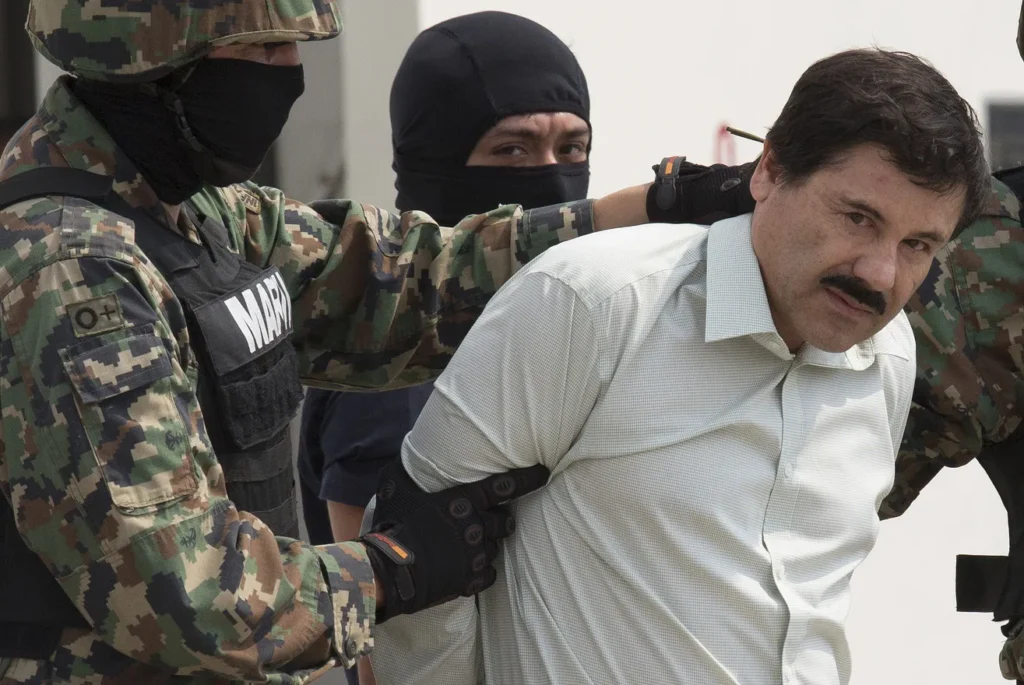NEW YORK — Former Mexican cartel kingpin Ismael “El Mayo” Zambada is expected to plead guilty Monday in Brooklyn federal court to major charges tied to his leadership role in the Sinaloa cartel. The plea deal comes decades after U.S. prosecutors accused him of helping flood the country with cocaine, heroin, and methamphetamine.
Change of Plea Hearing Scheduled
Zambada, 77, is scheduled for a change of plea hearing before a federal judge in Brooklyn. Prosecutors confirmed that they will not seek the death penalty, a decision announced earlier this month. Instead, Zambada is expected to plead guilty to racketeering conspiracy and running a continuing criminal enterprise.

From Not Guilty to Guilty
The longtime cartel figure had previously pleaded not guilty to a sweeping list of charges, including drug trafficking, firearms offenses, and money laundering. The upcoming plea marks a dramatic shift in the case, which has been closely watched in the U.S. and Mexico alike.
Labubu Toy Heist: $7K Stolen from California Store Amid Soaring Demand
Leadership of the Sinaloa Cartel
Prosecutors describe Zambada as one of the architects of the Sinaloa cartel’s global reach, expanding the group from a regional operation into the world’s most powerful trafficking syndicate. Alongside co-founder Joaquín “El Chapo” Guzmán, Zambada oversaw a militarized cartel with a private security force, hitmen known as sicarios, and a network that carried out assassinations, kidnappings, and torture.
Links to El Chapo and His Sons
Guzmán, once Zambada’s close ally, was convicted in the same Brooklyn court in 2019 and sentenced to life in prison. His two sons, leaders of a cartel faction, also face federal indictments. Zambada’s guilty plea could mark one of the final chapters in the prosecution of the cartel’s original leadership.
What Happens Next
While sentencing details have yet to be announced, Zambada could face decades in prison. Federal officials say the case highlights the U.S. commitment to dismantling transnational criminal organizations that profit from drug trafficking and violence.






